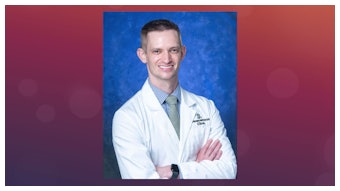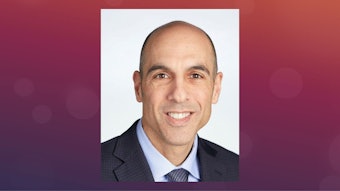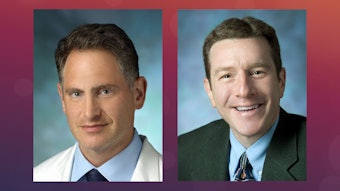Are you touched by implicit bias?
Biases could be influencing your decision-making, whether you know it or not.

There’s a silent, but negative force affecting health care delivery today. Left unchecked, it can weaken clinical decision-making, hurt doctor/patient communication, and exacerbate racial health care disparities. It is implicit bias—a prejudice that is present but not consciously held or recognized.
Some studies have shown that a physician's implicit biases about Black people, for example, are associated with clinical decision-making and result in less compassionate interactions with Black patients, according to Quinn Capers, MD, an interventional cardiologist and associate dean of faculty diversity at the University of Texas Southwestern School of Medicine in Dallas. Dr. Capers is leading the session, “Protecting Our Patients and Trainees From Physician Unconscious Bias.” Although not all studies show this, there are enough to cause concern, he said.
“Examples [of implicit bias] might be an unconscious association of a woman dressed as a nun with ‘kindness’ or a young Black man in a hoodie sweatshirt with ‘danger.’ These associations are based on our exposures, can occur outside of our conscious awareness, and are often counter to our conscious thoughts,” Dr. Capers said. “Simulation studies show that implicit negative racial biases may influence doctors to withhold important treatments and abbreviate interactions with their minority patients.”
Although implicit bias may be unconscious, efforts to overcome it don’t have to be. As part of the session, Dr. Capers will review research-proven strategies that health care workers can use to mitigate the impact of implicit bias. First, he said, look at the signs.
“Having a feeling that you and the patient are simply ‘not connecting’ may be an indication that you are negatively biased against this patient or this patient's ‘group,’” he said. “Times of high cognitive load (multitasking, running late, thinking of several things at once) put you at risk for having implicit bias influence your behavior. Sleep deprivation also puts you at risk for having your implicit biases influence your behavior.”
Once you recognize the signs, take steps to correct it, he said. There are several research-proven strategies to mitigate biases in a one-on-one interaction. One is called "common identity formation," which explores common group identities that you and the patient share.
“Examples would be discussing the fact that you like the same types of music, sports team, or food. Finding that you have this common group identity, such as you are both Boston Celtics fans, reduces your bias against the individual,” he said.
Another strategy is the practice of "consider the opposite."
“This strategy encourages you to review information about the individual and their clinical presentation, before making a final disposition. You re-review the evidence, specifically looking for information that would convince you of the opposite conclusion. This exercise has been shown to reduce the impact of bias.”
Visit SHM Meeting News Central for more coverage.











